Reflections on Malawi: Vol 1
Volume 1 of Jane Avery's visit to Malawi documents the purpose behind the initiative, Our Malawi Partnership.

Central Co-op Board Member & former Society President, Jane Avery shares her experiences from her recent visit to Malawi...
"A visit to Malawi was not on the cards in February, so I was pinching myself to be at Manchester Airport on 14 April meeting Sarah Alldred from the Co-op College for the first time and jetting off to Malawi.
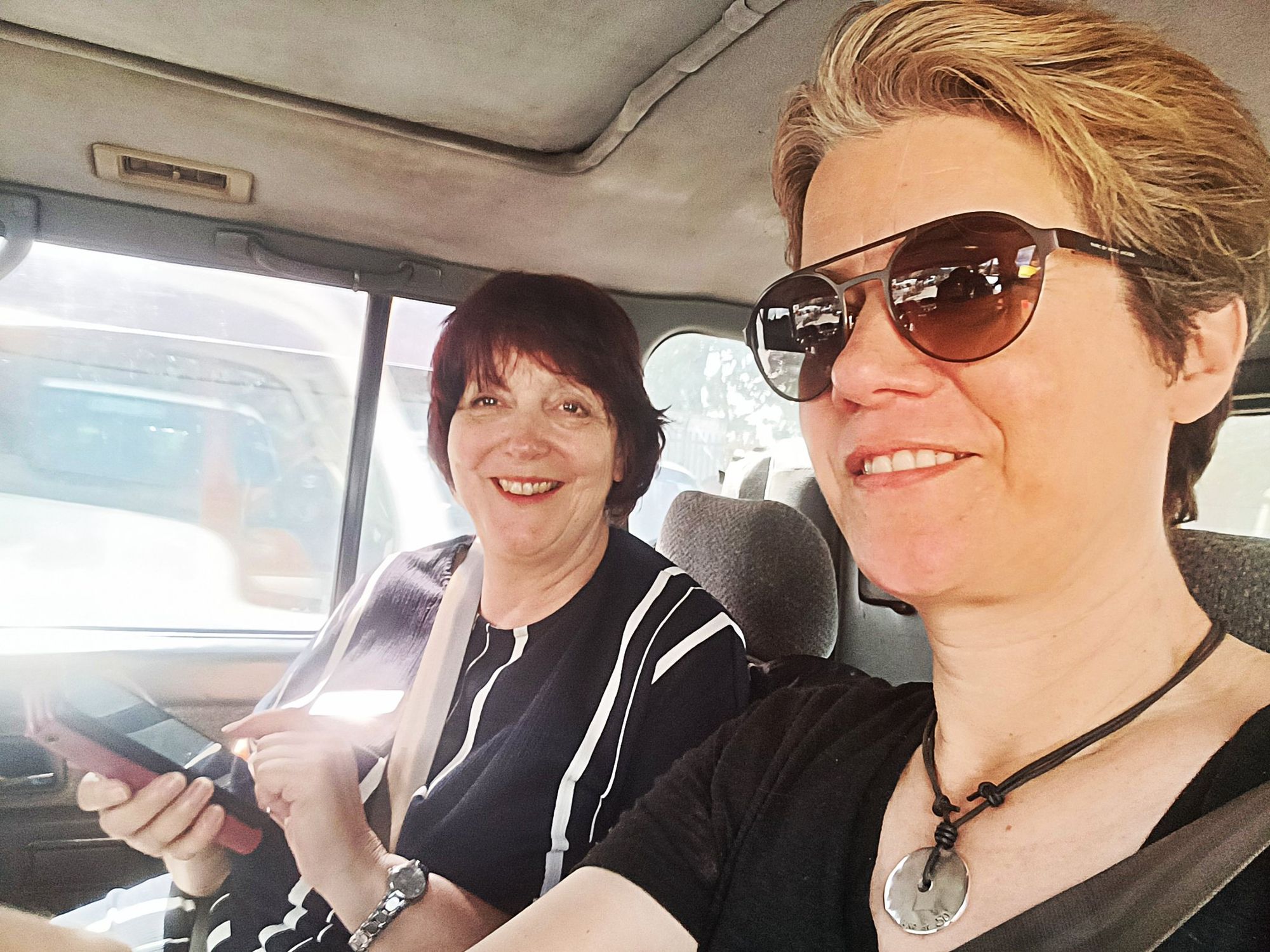
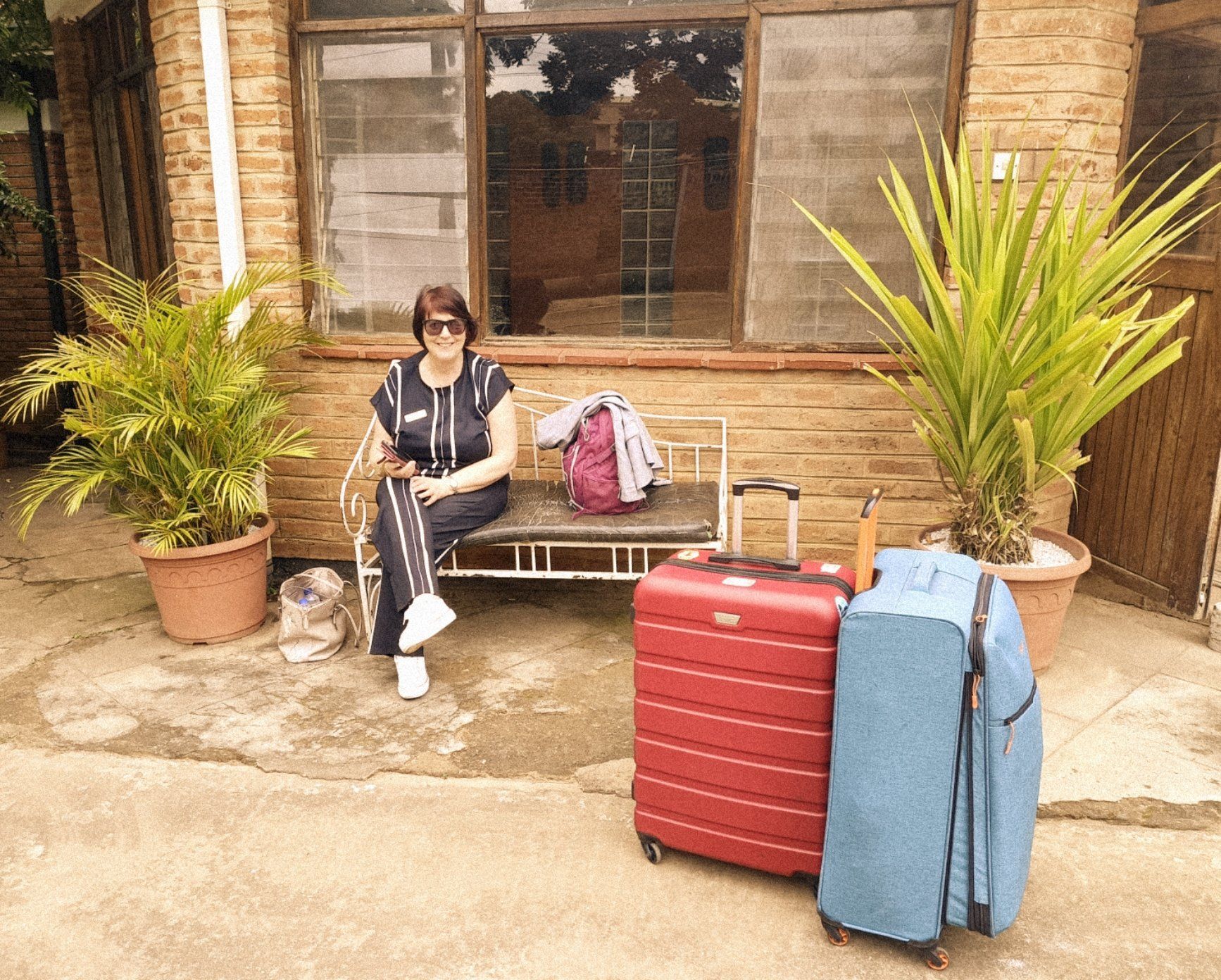

I was, of course, aware of the project. It had come to the board meeting in 2021 as a request for some funding for administrative support in Malawi, to support producer Co-ops. It was not a hard decision: Malawi is the fifth poorest country in Africa; it is a democratic country and its Government has an ambition that “by 2063 Malawi will be an inclusively wealthy and self-reliant nation”. Why would we not want to play a part in realising that very co-operative ambition?
Apart from knowing that the Co-op College had been working with the people involved in developing Co-operatives in Malawi for several years, and that Central Co-op were stocking a few lines from Malawi, I had little knowledge of how the project worked in practice and even less knowledge of the African continent. My expectations were that Government corruption was a given, extreme poverty would be highly and distressingly visible and there would be no flushing toilets. I thought I would need a translator and expected to find litter and dirt, (this last assumption based on a visit to Cairo where this was sadly the case) but had been told to expect a warm and friendly welcome from people.
The reality is this: Corruption exists, but it is acknowledged as a pernicious evil to be rooted out. Poverty exists – once out of the city the tarmac on the roads is sometimes an optional extra, housing for ordinary people is constructed from bricks made of the abundant red clay, which bakes hard in the sun, but dissolves over time in heavy rain. The very poorest houses still have reeds for roofing, but most now have corrugated tin roofs. These are at least waterproof, but as temperatures can soar to over 40o, it must be unbearably hot. The plumbing is good in the cities and there was no open sewerage in the countryside and everywhere was remarkably litter free. That is not to say there isn’t any, but I noticed there was less plastic used for anything and there were no takeaway food outlets – apart from one in Lilongwe.
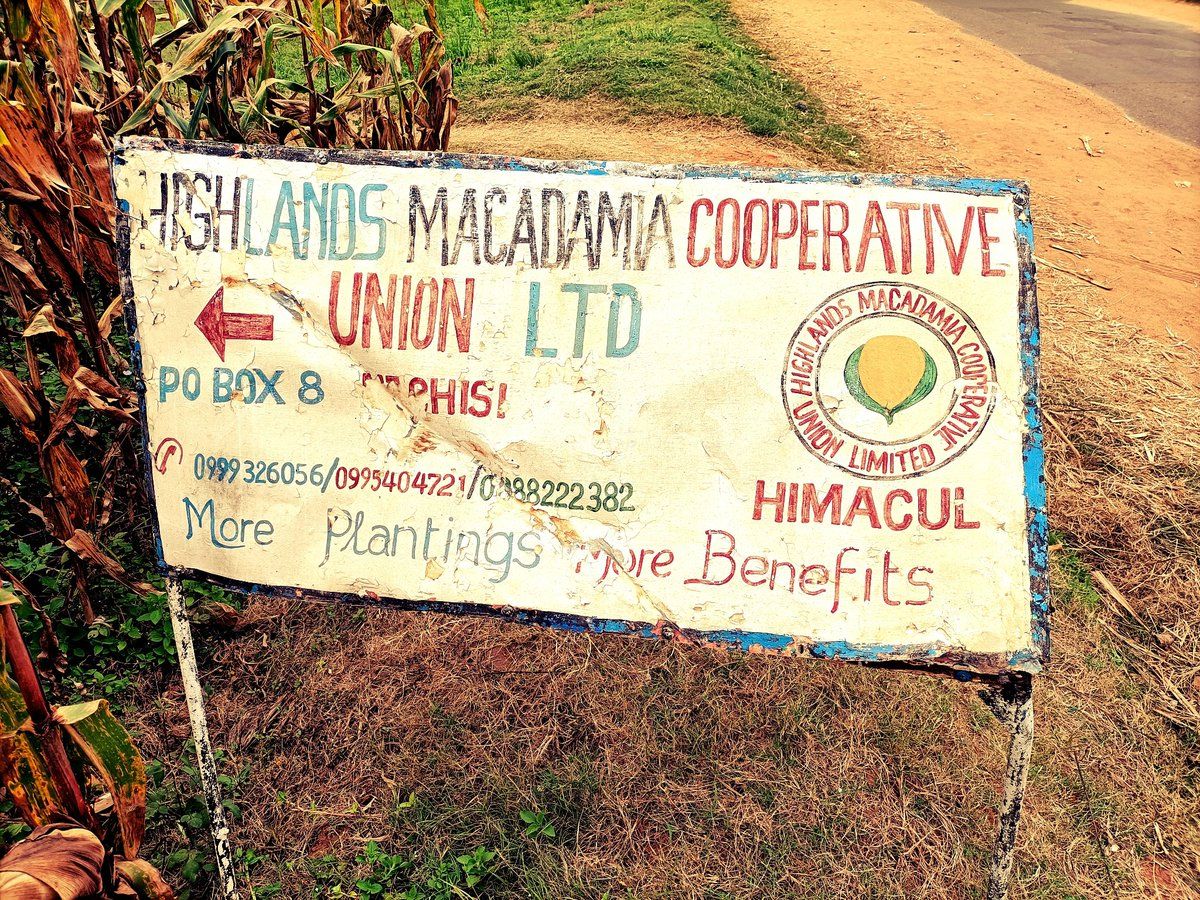
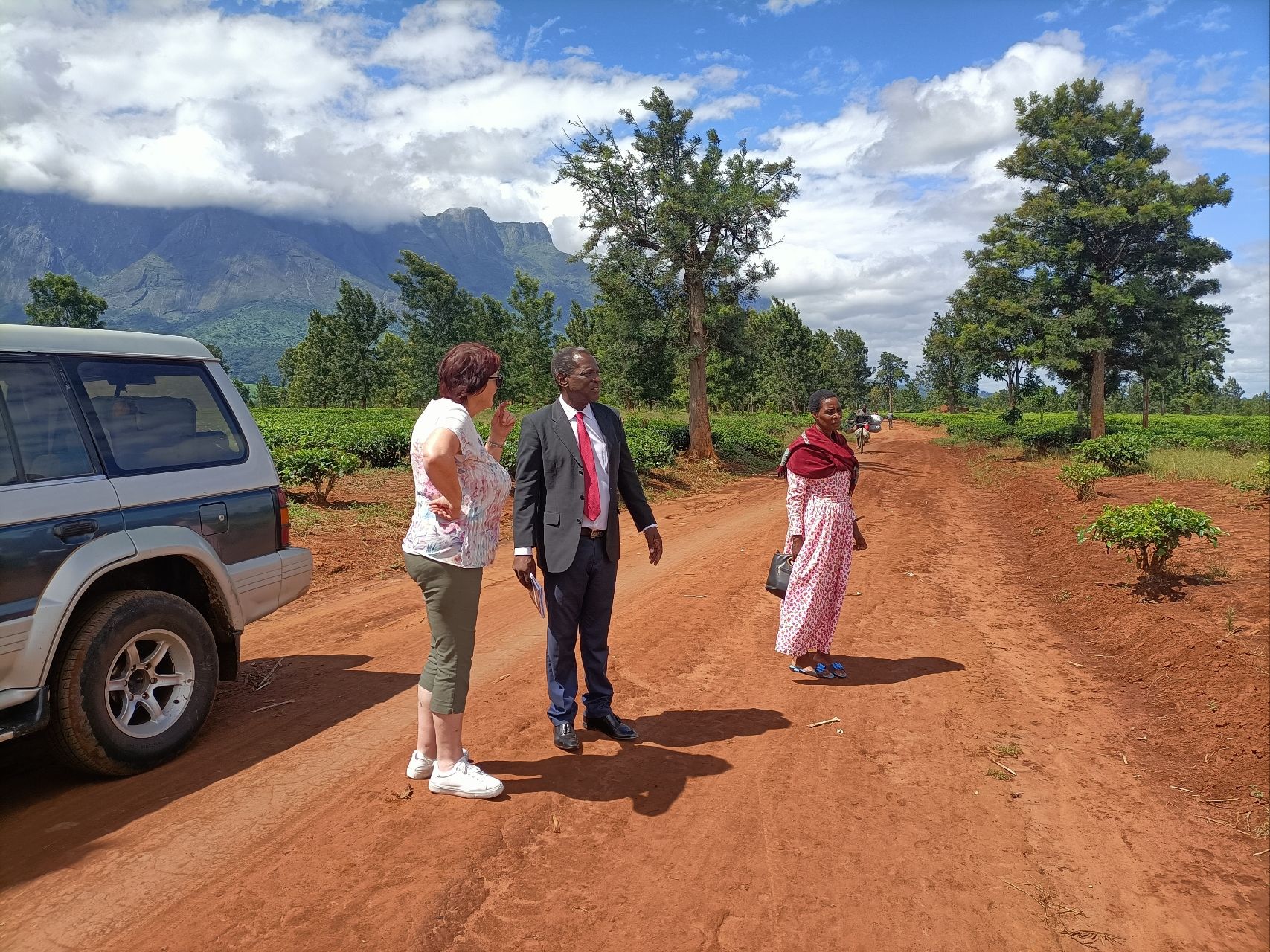
My first impressions of Malawi were how familiar everything was. All the shop and road signs were in English and everyone I met at Lilongwe airport spoke English. The buildings were low level (no more than three storeys high) and constructed of concrete and glass, the roads were tarmac, and everyone drove on the left. The only giveaways that we had not flown into Coventry airport after 17 hours of travel, were the oxen-pulled wagons and herds of goats by the busy roadside. There were no pavements, but very wide green strips on either side of the road. Occasionally there were shops set well back, and by the edge of the road were people selling all sorts of goods, from trainers to live chickens – three to each hand, held upside down and a far cry from the oven-ready chicken I grab on my way home from work. Arriving at the hotel, the eggs on toast served for breakfast completed the familiarity of the visit.
However, my first day was an indication of how very different things are for people living and working in Malawi. We visited the office that Central Co-op is funding, to meet the staff there. Like the hotel, restaurants and Government offices that I visited, there were flushing toilets and wash hand-basins with taps providing water. That is not the case for most Malawian dwellings. The purpose of Sarah’s visit was to set the work programmes for the coming year and to find out how the previous year had been. We settled down for the first meeting and began with introductions – and then a prayer. I'd noticed that almost every street corner had a church of every conceivable Christian denomination – and a school of the same denomination next door.
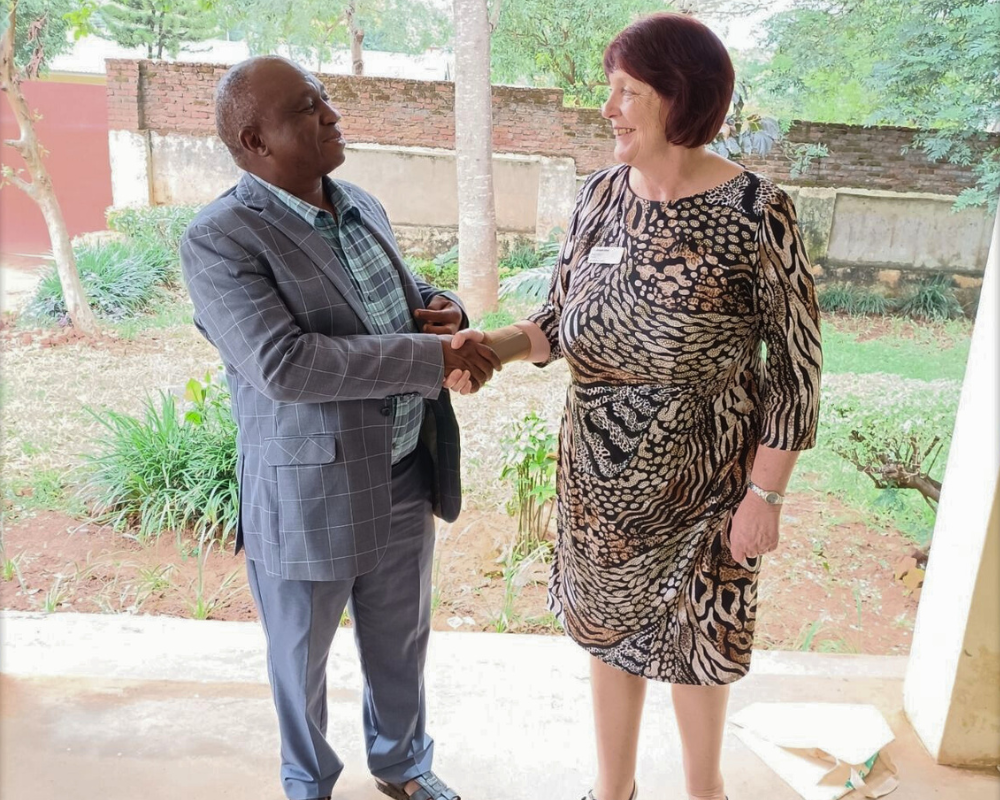
John Mulangeni (Director of MAFECO) explained that Malawi had had many missionaries stationed in it during the Victorian days of Empire, with the most famous being Dr Livingstone as the towns of Livingstonia and Blantyre (his birthplace) demonstrate. On that first day John, Sarah, Jeru Munthali (Project Manager) and I visited Government offices, where numerous stickers on walls and doors reminded everyone “Corruption is our enemy – and not welcome here.” We could do with a few of those stickers here! I met with the Principal Secretary of Co-ops at the ministry of trade and industry, Mr Francis Enock Zhuwao, the Deputy Registrar of Co-ops, Henry Mandere and Kenneth Welman Chuala, the Deputy Director of extension services within the Department of Agriculture. This last meeting was at the request of the Malawi High Commission..."
Check back in for volume 2, when Jane explores the tea plantations and sewing co-operatives.

